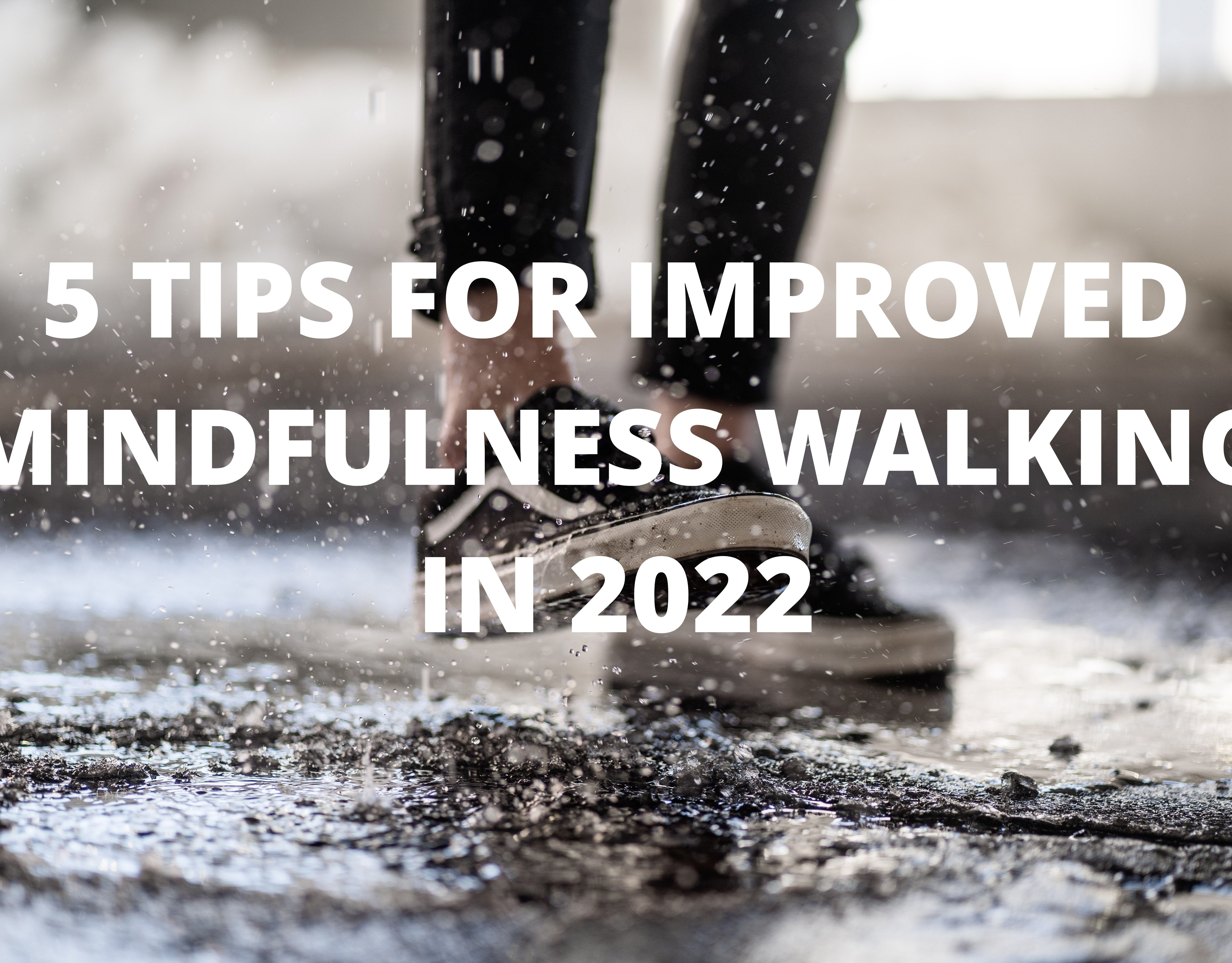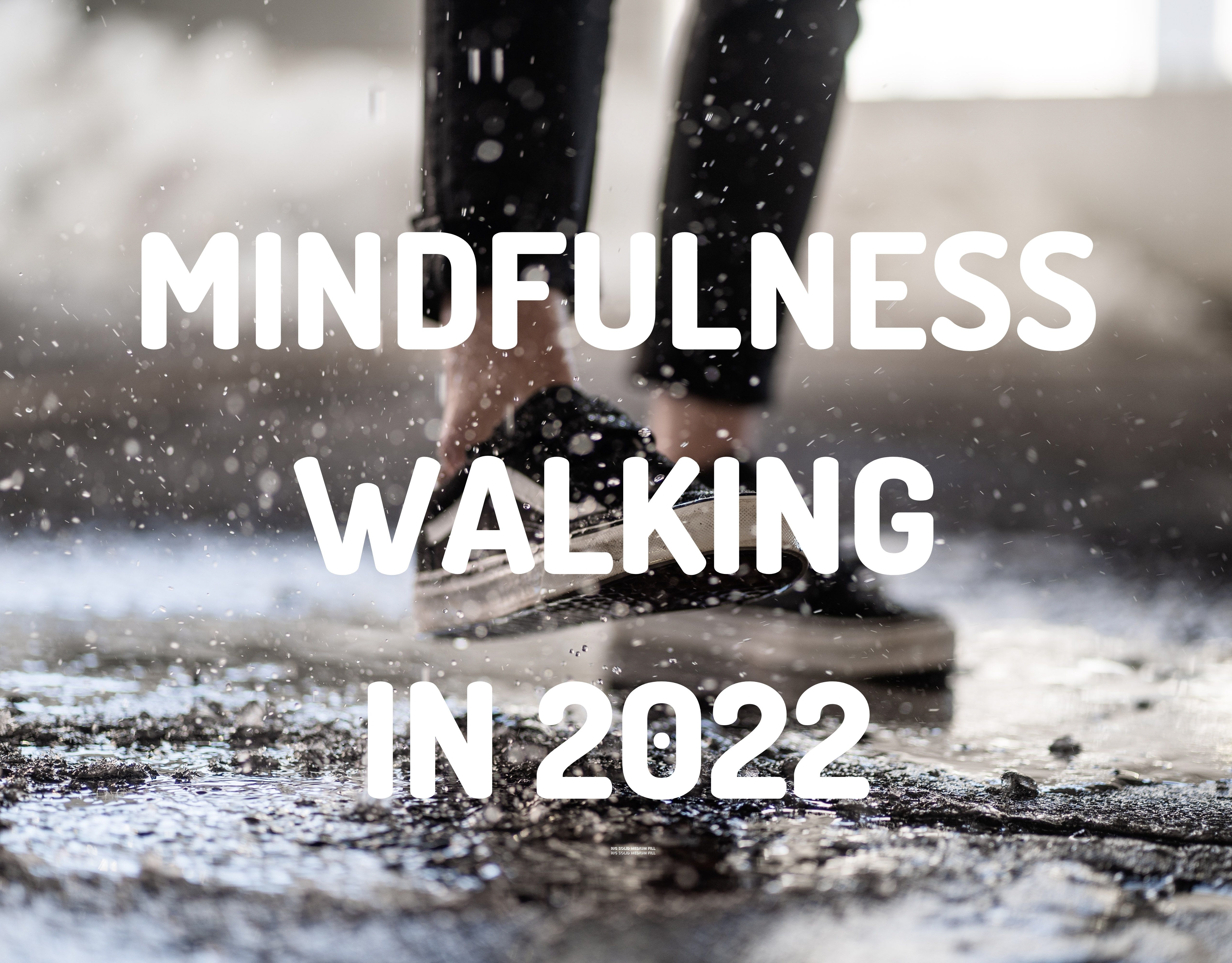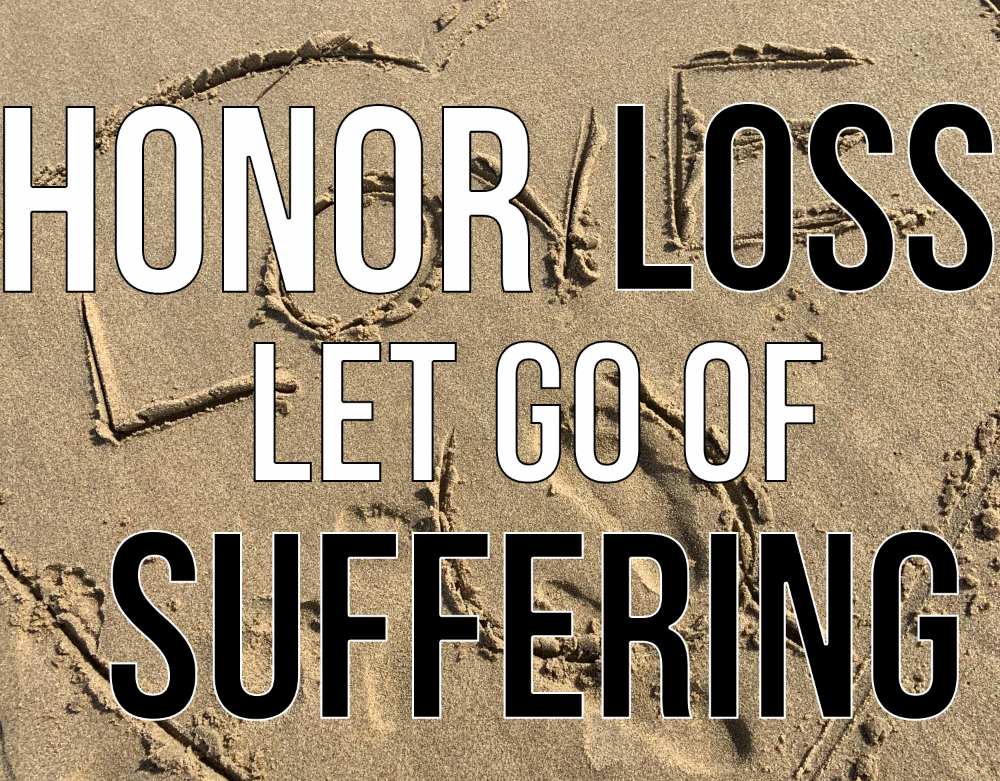by Diane Bonilla, MA, LPC
The two most important things to understand about anxiety are that it is universally experienced and that it is holistically managed. You are absolutely not alone in experiencing anxiety, though it can feel that way. Anxiety symptoms can impact our emotional, physical and spiritual health. A holistic approach to management is the key to finding your peace, better health, and more meaningful life experiences. While meeting with a therapist is a great way to develop an individual plan for managing your anxiety and is more accessible than ever through Telehealth, committing to the following three steps can be the beginning of your journey.
Step One: Physical Movement
Anxiety is our body’s way of telling us we may be in danger. It is a basic survival mechanism that can be triggered by our brain (specifically the Amygdala) even when we are not in real peril. The Amygdala is responsible for rapidly reacting to danger, even before the rest of our brain does. The downside is it can become overactive. For example, being cooped up for months during a pandemic over time can signal danger to the Amygdala and cause us to feel anxiety. Fight, fight or freeze are common reactions to anxiety, so what better way to address our body’s reaction than to GET MOVING! Take a walk. Go outdoors. Use the stairs. If you are up to it, exercise. Just moving will reduce your anxiety inducing hormones. Look for opportunities to move. Try to MOVE every day. Some days will be better than others. Gradually your brain will begin to see that you are addressing the “danger” it perceives and it will calm down.
Step Two: Emotional Supports
In addition to working with a therapist, tending to our emotional health can take many forms. Blogs and podcasts are great tools for gathering self-help information and can be great companions for walking or your drive home. “The Anxiety Guy” is a podcast created by a former professional tennis player who battled anxiety. His episodes are usually under 20 minutes with insightful, compassionate feedback. Or you can treat yourself to a new journal and make daily entries about your thoughts, feelings, concerns. Share your struggle with a good friend or your spouse. Finding which one of these tools works best for you and committing to it, will help to manage your anxiety and provide you that much needed emotional support.
Step Three: Spirituality
The best way to nourish our spiritual health is to connect with meaningful things. Helping someone else is one of the best ways to get away from your world of anxiety. Think of people in your life that could benefit from your support. Keep it simple. Call someone who is lonely. Run an errand for someone. Cook together with a friend. Send a handwritten note (yes, the old fashion way!). Other ways to tend to your spiritual needs are to practice meditation or yoga or spend time in prayer. Nourish your soulfulness with the sound of ocean waves on YouTube or download an app, like “Calm,” which gives free access to meditation nature sounds and a mood inventory with a tracking feature. The goal here is to be in the moment and turn off the ruminations.
One Last Thought:
Remember you are not alone experiencing anxiety. If you address your physical, emotional and spiritual needs, your anxiety can become increasingly more tollerable. We all feel anxiety at one time or another. It is our basic human instinct to do so. The goal is not to eliminate anxiety; it is to manage or tend to it and have more meaningful life experiences, increased inner peace, and better overall health. You’ve got this!



